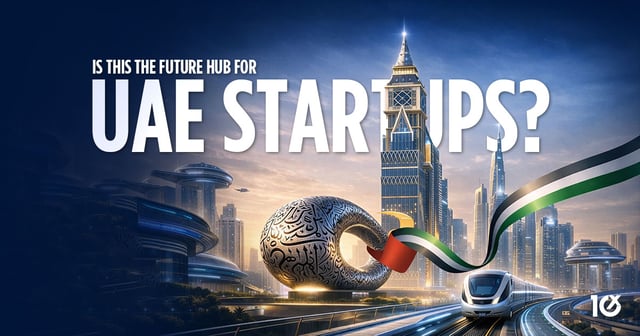Increase in exports fosters growth in Dubai’s manufacturing sector
Dubai Exports, an agency of the Department of Economic Development (DED), Government of Dubai, revealed that in 2010, the Emirate has been exporting diverse products, such as gold and precious metals, sugar, plastics and food, in various target export markets particularly in South and West Asia.
An important conclusion of the report showed that in 2010, exports sustained the continuous growth trend, while imports to Dubai & Free Zone as well as re-exports have reversed the decline witnessed in 2009. Another important trend was the continuous growth of direct and Free Zone exports during the past years, followed the positive growth trend of manufacturing GDP, indicating that exporting was a main factor in fostering manufacturing growth during the recession.
According to Dubai Export Monitor Performance Highlights, a yearly publication produced by Dubai Exports, the Emirate’s top 10 products accounted for 77% of the total value of direct exports, an indication of a relative concentration of diverse product portfolio. From the total direct exports of AED 68 billion, the top 10 products were valued at AED 53 billion, while other products were AED 15 billion.
Gold, the top exported product by value, accounted for AED 38 billion or 56% of direct exports value. The other nine products, worth AED 14 billion in total, included waste and scrap of precious metals; sugar; other plates, sheets, film, foil & strip of plastics; petroleum oils & related products; ferrous waste and scrap; polyacetals, other polyether & epoxide resins; articles of jewellery & parts thereof; chocolate & other food preparations containing cocoa; and unwrought irons.
Meanwhile, direct re-export pattern was significantly different as some products such as motor vehicles, spare parts and electrical apparatus were not in the direct exports list. Among the leading re-exported products were diamonds, worth AED 56 billion or 39% of the total re-exports value of AED 144 billion, followed by articles of jewellery & parts thereof; motor cars & other motor vehicles; parts of goods of other headings; electrical apparatus for line telephony or line telegraphy; parts & accessories of the motor vehicles; gold; woven fabrics of synthetic filament yarn; parts & accessories suitable for use solely or principally with machines; and motor vehicles for the transports of goods.
Trade pattern for Free Zone exports, valued at AED 143 billion, was also different from both direct export and re-export, being characterised by low product concentration; however electrical apparatus, petroleum products, and data processing machines have relatively higher shares.
“This edition of Dubai Export Monitor Report has been compiled to serve as a ready reference to various stakeholders in the four main areas of interest – overall trade trend, regional trade, trade by product and trade by market,” said Engineer Saed Al Awadi, Chief Executive Officer, Dubai Exports. “Our direct exports, re-exports and free zone exports were well covered to give us a complete picture as possible of Dubai trade to support the needs of our members and in the agency’s strategy.”
“The report covers the latest trade statistics of last year, which was provided by Dubai Customs. All the data included here depicted the performance of exports by target products and markets. The report also gave exporters and investors with an analytical evaluation of the trends and composition of exports from Dubai as well as an evaluation of potential opportunities,” Al Awadi added.
Based on the report analysis, top destinations of Dubai’s exports and re-exports in 2010 were in South and West Asia AED 157 billion; followed by other Arab countries at AED 48.4 billion; Arab Gulf Cooperation Council (AGCC) at AED 47.6 billion; and West Europe at AED 37.5 billion.
Direct exports to South and West Asia were the most diversified with products including gold, sugar, petroleum and aluminium; while exports to AGCC were mainly food items. Top products to other Arab countries were petroleum, plastics and gold while products exported to Western Europe were precious metals, plastics and ceramics.
Top Free Zone export destinations in 2010 were: South & West Asia (AED 40 billion), AGCC (AED 33 billion) and Other Arab Countries (AED 28 billion), while it is to be noted that about AED 0.8 billion worth of goods were supplied by Free Zone to Duty Free Shops in UAE
Meanwhile, Dubai export markets by value were highly concentrated in India and Switzerland, comprising of 40% and 20% respectively, due to the export of gold to these countries, whereas other direct exports go mainly to GCC and the neighbouring countries in small shares. Furthermore, while India still took the biggest portion of 36% of direct re-exports, there was a clear pattern of re-exports relative focus in Iran and Iraq with 17% and 5% shares respectively, including a number of other markets in small shares.
Dubai trade with its partners continued to grow, while some new export markets emerged as potentially important for Dubai, including Brazil, South Africa, Kazakhstan and Australia. Also, based on trade flows, the report highlighted some trade opportunities with Free Trade countries that can benefit from free duties.




